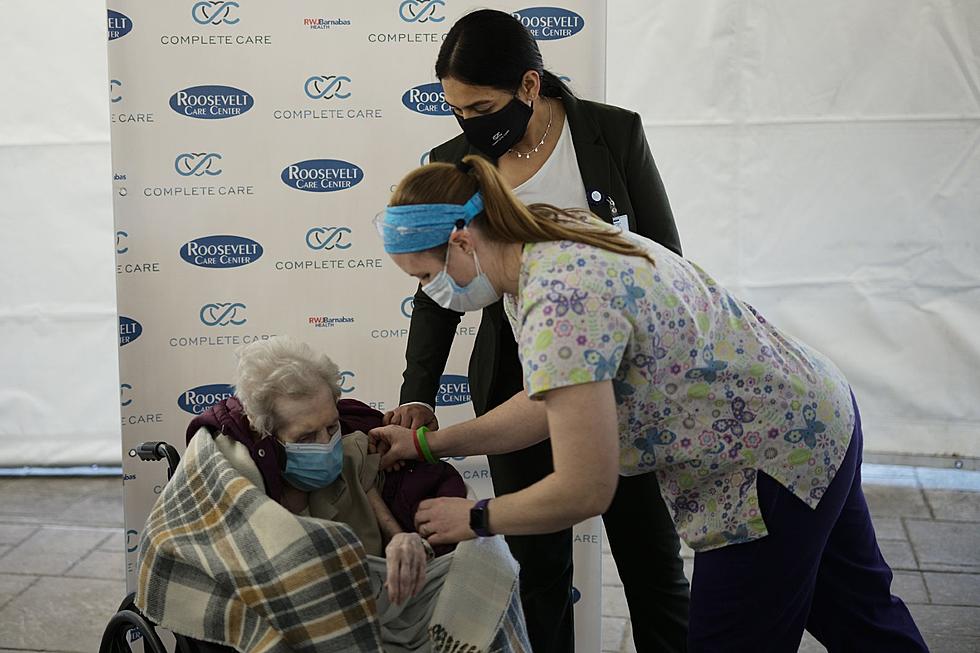
A year later, NJ nursing homes now can allow indoor visits
TRENTON — The state has updated its guidance to allow for indoor visitation by loved ones at long term care facilities, after the pandemic cut off such interaction more than a year ago.
There can even be hugs and close contact during visits for fully vaccinated residents, as long as all involved are wearing well-fitted masks, state Health Commissioner Judith Persichilli said on Monday at a pandemic response briefing.
Long-term care facilities in regions of the state with a low or moderate COVID-19 Activity Level Index (CALI scores) should be allowing in-person visits for residents, regardless of vaccination status among residents and staff, she continued.
In regions where the CALI score is "high or very high" and less than 70% of the facility’s residents have been vaccinated, only residents who have been fully vaccinated should be receiving visitors indoors, Persichilli also said.

Indoor visitation still is possible amid an outbreak at a facility, as long as COVID-19 transmission is contained to a single area of the site, the health commissioner also outlined.
As of Monday, there were 240 nursing home facilities with active outbreaks, involving 4,275 active, confirmed cases among residents and 4,855 active, confirmed cases among staff.
Monmouth and Ocean Counties led the list of active outbreaks and cases.
There were roughly 1,160 cases among residents and staff at 32 facilities in Monmouth County as of Monday, while 31 facilities in Ocean County had roughly 1,230 active cases among staff and residents.
As of March 10, about 72% of residents at long term care facilities were fully vaccinated, while assisted living facilities were reporting that 90% of residents were fully vaccinated, Persichilli previously said.
However, staff vaccinations had lagged at about 50% at both types of facilities, as of the same previous state briefing.
Even when regular indoor visits might be restricted due to a facility's status, outdoor visitation, compassionate care, essential caregiver and end-of-life visitation still can proceed, according to the updated state guidance, which was also posted to twitter alongside the briefing.
READ ON: See the States Where People Live the Longest
Philadelphia Flower Show returns 2021: An amazing look back
More From SoJO 104.9 FM








![[POLL] Do NJ Residents Feel Safe Enough To Go On Vacation This Summer?](http://townsquare.media/site/396/files/2021/05/Family-On-Vacation-Hiking.jpg?w=980&q=75)

